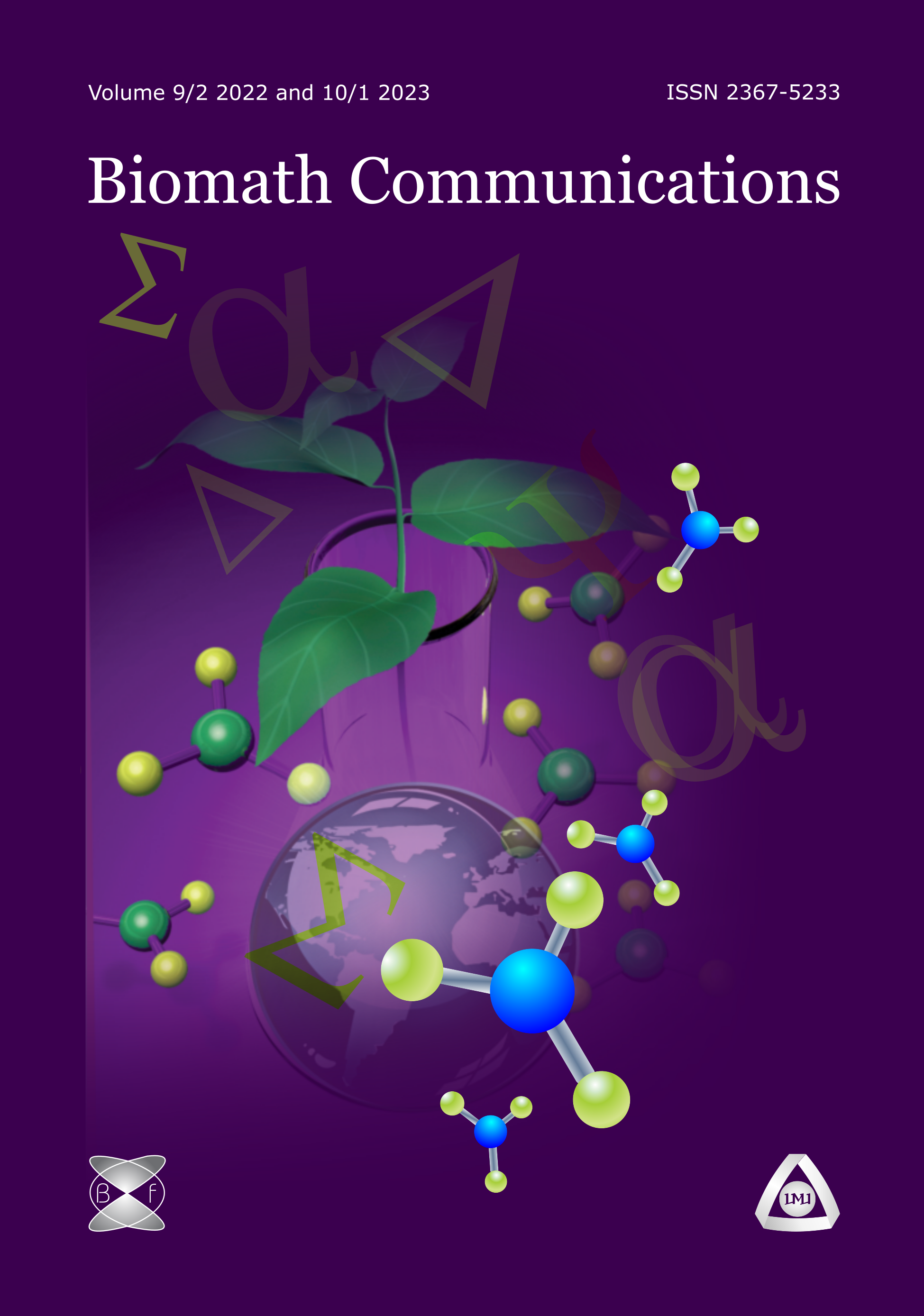The Hв€ћ algebraic Riccati equations arising in LQ Zero-Sum Stochastic Differential Games
Abstract
A generalized algebraic Riccati equation arising in stochastic control with indefinite quadratic part is considered. Iterative methods for computing a matrix sequence, which converges to the stabilizing solution of the considered type of Riccati equations with indefinite quadratic parts and convergence properties of these methods are studied. Computer realizations of the presented methods are numerically compared. Based on the experiments the main conclusion is the Lyapunov iteration is faster than the Riccati iteration because these methods carry the same number of iterations. The iterative methods are numerically compared and investigated. The present research paper was supported in a part by the EEA Scholarship Programme BG09 Project Grant D03-91 under the European Economic Area Financial Mechanism.Downloads
Published
Issue
Section
License
The journal Biomath Communications is an open access journal. All published articles are immeditely available online and the respective DOI link activated. All articles can be access for free and no reader registration of any sort is required. No fees are charged to authors for article submission or processing. Online publications are funded through volunteer work, donations and grants.
Authors who publish with this journal agree to the following terms:
- Authors retain copyright and grant the journal right of first publication with the work simultaneously licensed under a Creative Commons Attribution License 4.0 that allows others to share the work with an acknowledgement of the work's authorship and initial publication in this journal.
- Authors are able to enter into separate, additional contractual arrangements for the non-exclusive distribution of the journal's published version of the work (e.g., post it to an institutional repository or publish it in a book), with an acknowledgement of its initial publication in this journal.
- Authors are permitted and encouraged to post their work online (e.g., in institutional repositories or on their website) prior to and during the submission process, as it can lead to productive exchanges, as well as earlier and greater citation of published work (See The Effect of Open Access).

